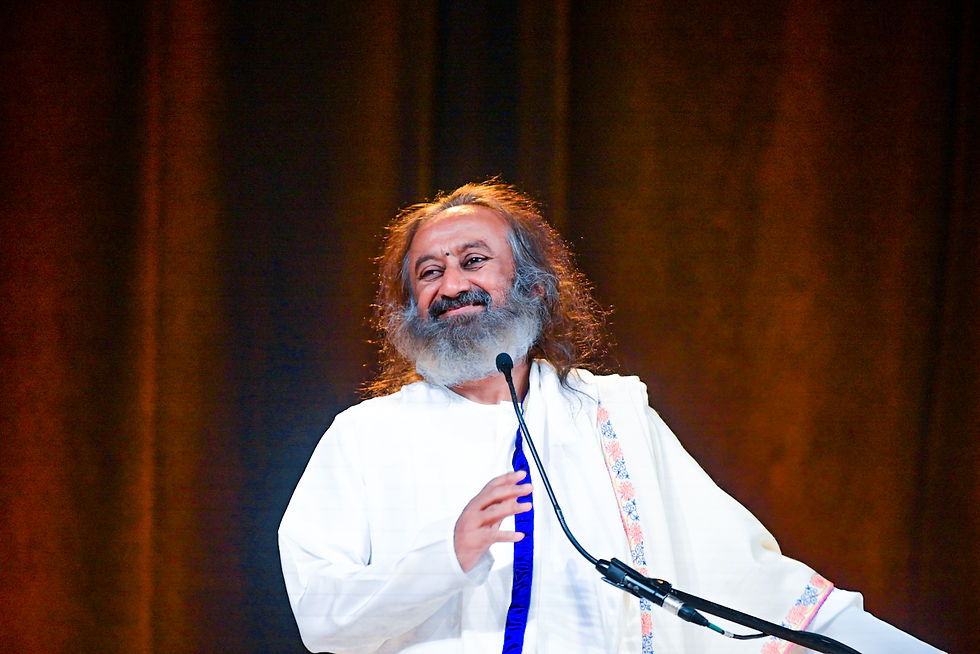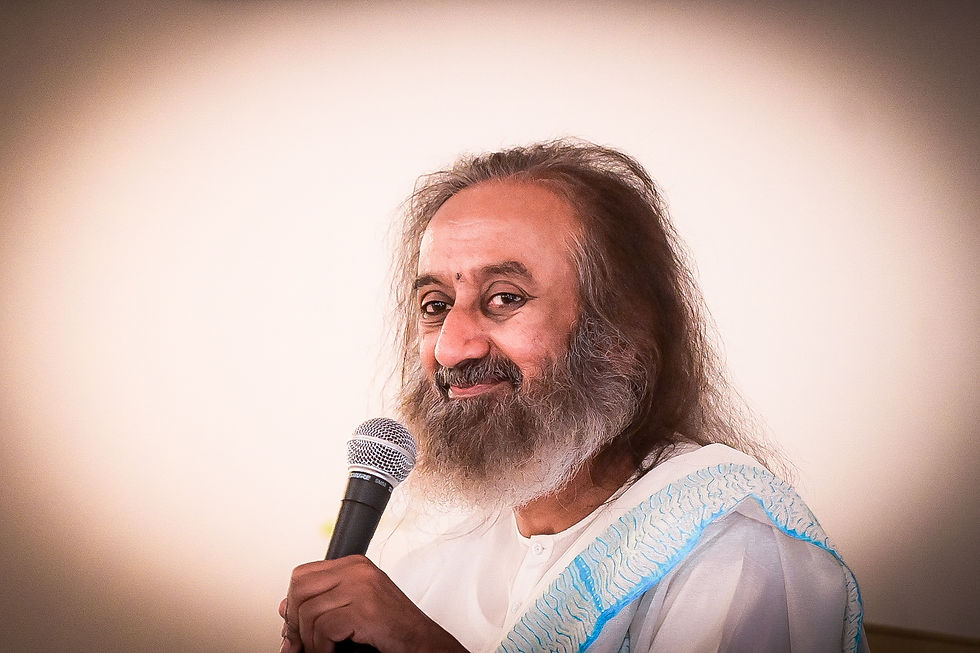Homas
Homa is the most ancient and sacred ceremony in the Vedic tradition. In the presence of the fire element, Agni, the forms of the divine are invoked by the power of mantras and profound spiritual intention (sankalpa). Special offerings are cast into the fire while Sanskrit mantras are chanted. The element of fire is associated with the upward motion of the divine energy and is considered to be the most powerfully purifying element.
The vibrations created by the Homa have a profound effect on the atmosphere and surroundings. All homas are performed with an intention of universal happiness and peace: “lokah samastah sukhino bhavantu, Om shanti shanti shanti”, which means ‘may everyone be happy, may there be peace everywhere’. Apart from this, every specific homa will have a specific effect or benefits, depending on the type of energy the homa invokes and enhances (the ‘devata’ or divinity invoked).
Upcoming Events

 Budh Shanti HomaDate and time is TBDLocation is TBD
Budh Shanti HomaDate and time is TBDLocation is TBD
 Mangal (Kuja) Shanti HomaDate and time is TBDLocation is TBD
Mangal (Kuja) Shanti HomaDate and time is TBDLocation is TBD
 Chandra Shanti HomaDate and time is TBDLocation is TBD
Chandra Shanti HomaDate and time is TBDLocation is TBD
 Guru Shanti HomaDate and time is TBDLocation is TBD
Guru Shanti HomaDate and time is TBDLocation is TBD
 Ketu Shanti HomaDate and time is TBDLocation is TBD
Ketu Shanti HomaDate and time is TBDLocation is TBD
 Rahu Shanti HomaDate and time is TBDLocation is TBD
Rahu Shanti HomaDate and time is TBDLocation is TBD
 Griha Pravesha HomaDate and time is TBDLocation is TBD
Griha Pravesha HomaDate and time is TBDLocation is TBD
 Vaastu Shanthi HomaDate and time is TBDLocation is TBD
Vaastu Shanthi HomaDate and time is TBDLocation is TBD
 Subramanya HomaDate and time is TBDLocation is TBD
Subramanya HomaDate and time is TBDLocation is TBD
 Maha Vishnu HomaDate and time is TBDLocation is TBD
Maha Vishnu HomaDate and time is TBDLocation is TBD
 Nakshatra Shanthi HomaDate and time is TBDLocation is TBD
Nakshatra Shanthi HomaDate and time is TBDLocation is TBD
 Kaal Sarpa Shanthi HomaDate and time is TBDLocation is TBD
Kaal Sarpa Shanthi HomaDate and time is TBDLocation is TBD
 Ayusha HomaDate and time is TBDLocation is TBD
Ayusha HomaDate and time is TBDLocation is TBD
 Parvati Swyamvar HomaDate and time is TBDLocation is TBD
Parvati Swyamvar HomaDate and time is TBDLocation is TBD
 Gayatri HomaDate and time is TBDLocation is TBD
Gayatri HomaDate and time is TBDLocation is TBD
 Mritunjaya HomaDate and time is TBDLocation is TBD
Mritunjaya HomaDate and time is TBDLocation is TBD
 Chandi HomaDate and time is TBDLocation is TBD
Chandi HomaDate and time is TBDLocation is TBD
 Dakshinamurthy HomaDate and time is TBDLocation is TBD
Dakshinamurthy HomaDate and time is TBDLocation is TBD